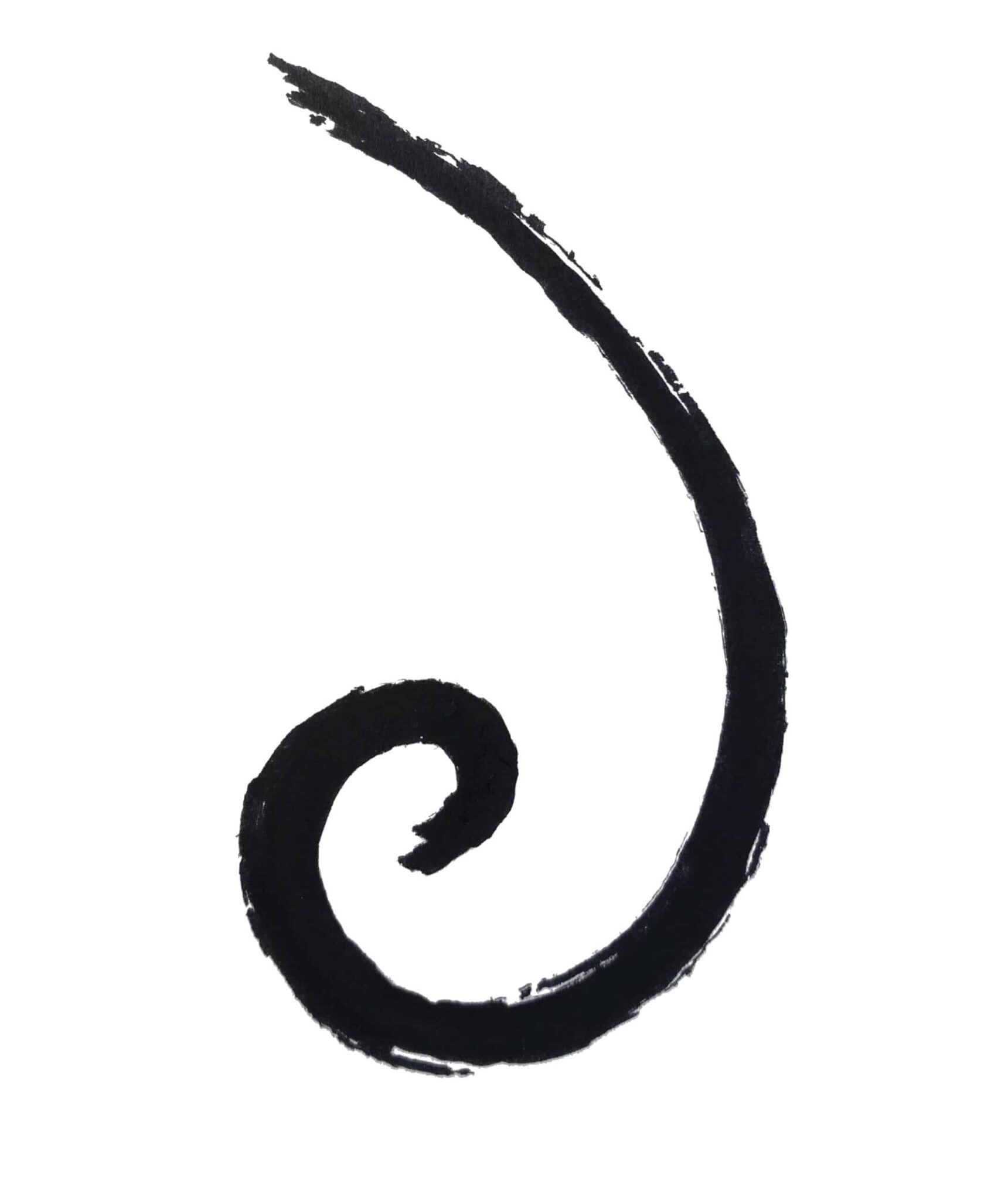Profile: Brian Swimme
Brian Swimme is a mathematical cosmologist and cultural historian who examines the implications of …

practices for awakening and resilience in a changing world
In addition to it’s philosophical, engaged, and therapeutic aspects, Deep Ecology has also become increasingly convergent with science. Beginning with developments in ecology and evolution that point to a more holistic understanding of living systems, physics, cosmology and psychology have also contributed isights that inform a profound shift away from dualistic and mechanistic models.
Arne Naess spoke of cultivating an “ecological identity” - a sense of self that extends beyond the isolated ego to encompass the wider community of life. Not separating observer from observed, it recognizes that our understanding deepens when we bring together empirical knowledge with embodied, felt connection to the natural world. The early luminaries of Western science often held both scientific and spiritual sensibilities - a integration we are rediscovering.
Beginning perhaps with one of the most influential bodies of work, Deep Ecology finds inspiration in James Lovelock’s Gaia hypothesis, and Lynn Margulis’ work on symbiosis; Scientific understanding that reveals a way to see the Earth herself as living system, and the evolution of life as inherently interwoven rather than individualised. Elisabet Sahtouris’ research on cooperative evolution has continued to develop these ideas.
20th century ecologists were also witness to the alarming increase in human impacts on the biosphere, giving rice to prominent voices calling for an environmental ethic, E.O Wilson’s biophilia and Rachel Carson’s revelations about the impact of human actions on ecosystems demonstrate how scientific understanding raised the alarm on the damage done when an Anthropocentric view dominates.
Modern science, from quantum physics to systems ecology, increasingly points toward this interconnected view of reality. In parallel to studies of living systems, quantum physics has long been moving towards a view of the underlying fabric of reality that transcends observer and observed. Fritjof Capra for example has pointed alignment or convergence with non-dual spiritual traditions, challenging a dualistic and reductionist approach to understanding ourselves and the world.. The work of David Bohm has also been influential in this regard: https://en.wikipedia.org/wiki/David_Bohm
As our understanding of the process of the formation of the cosmos increases, cosmologists such as Brian Swimme have recognised the power of such an understanding to profoundly shift anthropocentric world views. Learning the epic of evolution - our cosmic origins, Earth’s deep history, the intricate web of life - evokes genuine awe: cosmic-walk-timeline
Fritjof Capra’s work on the nature of complex adaptive systems draws on Gregory Bateson and Francisco Varela thinking, revealing mind as ecological process rather than isolated phenomenon. This inclusion of ecology in our understanding of mind closes the loop.
Drawing inspiration from the group therapeutic processes called for by Arne Naess, the psychology of this inner work has also become an increasing focus of attention. Eco-psychology bridges the inner and outer transformation. Francis Weller explores ecological grief for example, also an important aspect of Joanna Macy’s “The Work That Reconnects